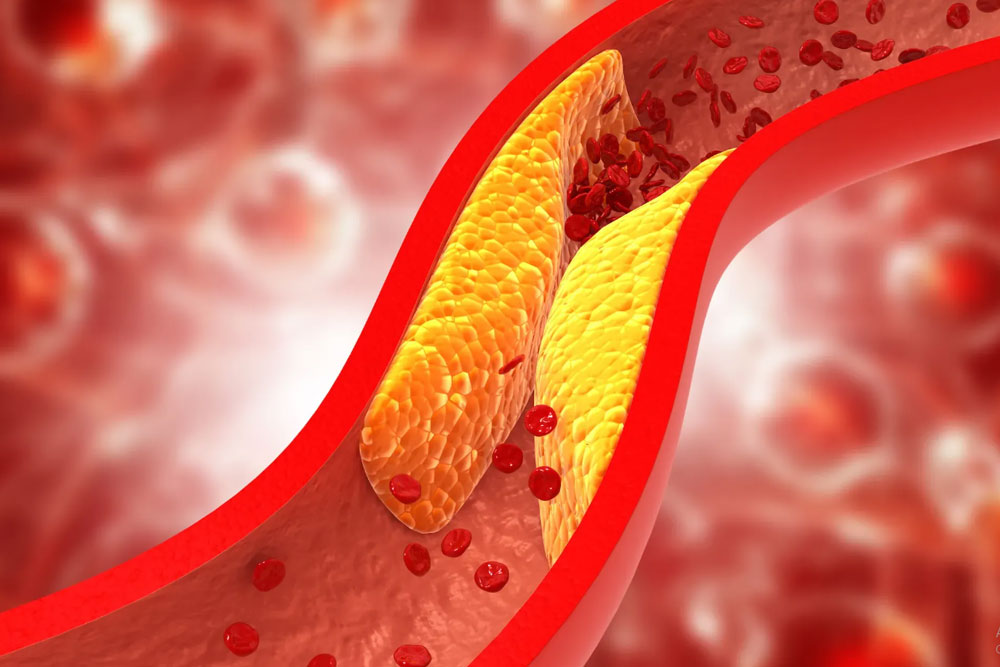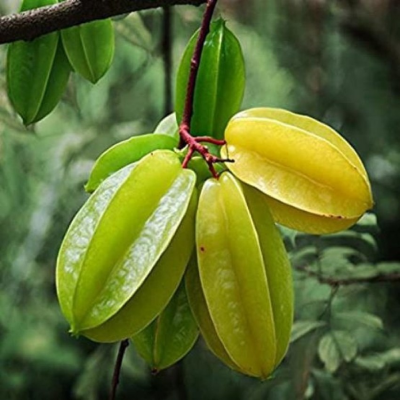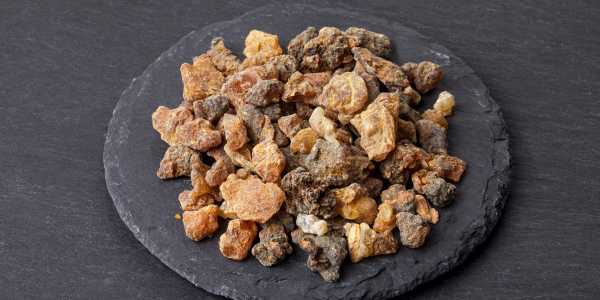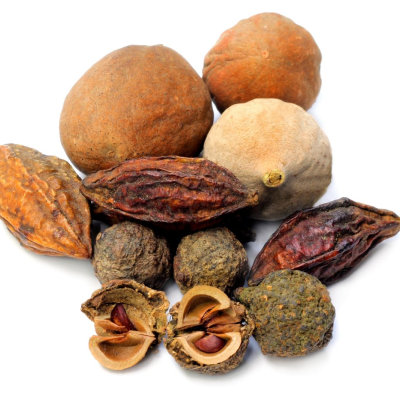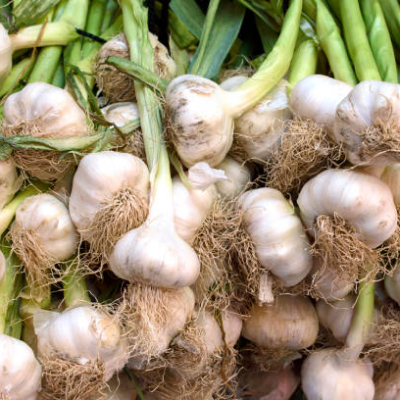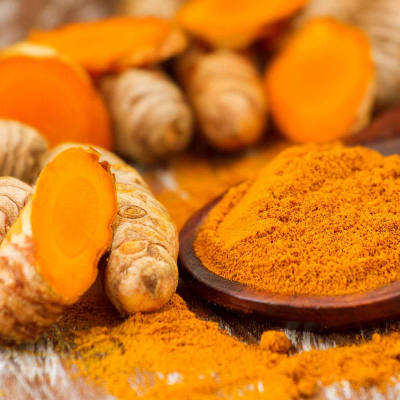Cholesterol is a waxy, fat-like substance found in your blood. Your body needs cholesterol to build healthy cells, make hormones, and digest food. However, too much cholesterol can lead to health problems like heart disease and stroke.
What are the different Types of Cholesterol?
1. Low-Density Lipoprotein (LDL)
- Known as "bad cholesterol."
- It can build up in the walls of your blood vessels, forming plaques that narrow or block blood flow.
2. High-Density Lipoprotein (HDL)
- Known as "good cholesterol."
- It helps remove LDL from your bloodstream and protects against heart disease.
3. Triglycerides
- A type of fat in the blood that stores excess energy from your diet. High levels can also contribute to heart problems.
4. Total Cholesterol
- A combination of LDL, HDL, and triglycerides.
What is High Cholesterol?
High cholesterol means you have too much LDL or triglycerides in your blood. This excess can accumulate in your blood vessels, leading to blockages that reduce blood flow to vital organs like the heart and brain.
Causes of High Cholesterol
1. Unhealthy Diet:
- Eating too many saturated fats, Tran’s fats, or processed foods.
2. Lack of Physical Activity:
- Exercise helps increase HDL and reduce LDL.
3. Obesity:
- Being overweight raises LDL and triglycerides while lowering HDL.
4. Smoking:
- Damages blood vessels and lowers HDL.
5. Genetics:
- Family history of high cholesterol can increase your risk.
6. Chronic Conditions:
- Diabetes, kidney disease, or hypothyroidism.
Signs and Symptoms of High Cholesterol
- High cholesterol itself doesn't cause noticeable symptoms. However, prolonged high cholesterol can lead to complications like:
- Chest Pain (Angina): Caused by reduced blood flow to the heart.
- Fatty Deposits (Xanthomas): Yellowish patches on the skin or around the eyes.
- Heart Attack or Stroke: Caused by blocked arteries.
Health Risks and Complications of High Cholesterol
1. Atherosclerosis:
Plaques build up in arteries, making them hard and narrow.
2. Heart Disease:
Narrowed arteries can cause chest pain or heart attacks.
3. Stroke:
Blocked blood flow to the brain can lead to strokes.
4. Peripheral Artery Disease (PAD)
Reduced blood flow to limbs, causing pain or cramping.
Ayurvedic Perspective
High cholesterol is linked to Medo Dhatu Vriddhi (an imbalance of fat tissue) caused by poor digestion, improper diet, and lifestyle. It is associated with:
- Ama (Toxins): Improper digestion produces toxins, which accumulate and block the body's channels.
- Kapha Dosha Imbalance: Leads to heaviness, sluggishness, and fat accumulation.
Dietary Recommendations
1. Include:
- Fresh fruits (apples, oranges) and vegetables (leafy greens).
- Whole grains like oats and barley.
- Spices like cinnamon and turmeric to enhance metabolism.
- Healthy fats from nuts, seeds, and ghee in moderation.
2. Avoid:
- Fried, processed, and junk foods.
- Foods high in saturated fats like butter and fatty meats.
- Excessive sugar and refined carbs.
Lifestyle Modifications
1. Exercise:
Regular physical activity (walking, yoga, or jogging) improves cholesterol balance.
2. Stress Management:
Practice meditation and breathing exercises like Pranayama.
3. Detoxification:
Seasonal Panchakarma therapies like Virechana (purgation) and Basti (medicated enema) can help eliminate toxins.
4. Maintain Regular Routine:
Sleep on time and wake up early to balance metabolism and digestion.
Herbal Remedies
1. Arjuna (Terminalia arjuna):
- Strengthens the heart and reduces cholesterol.
- Dosage: 1-2 teaspoons of powder with warm water daily.
2. Guggulu (Commiphora mukul):
- Reduces bad cholesterol and promotes fat metabolism.
- Dosage: As prescribed by an Ayurvedic practitioner.
3. Triphala:
- Improves digestion and removes toxins.
- Dosage: 1 teaspoon of powder with warm water at night.
4. Garlic (Lashuna):
Helps reduce LDL levels and triglycerides.
Dosage: 1-2 raw cloves daily.
5. Turmeric (Haridra):
- Reduces inflammation and cholesterol.
- Dosage: 1 teaspoon with warm milk.
Cholesterol is essential for bodily functions, but high levels of LDL and triglycerides can lead to serious health risks like heart disease and stroke. Ayurveda focuses on balancing the body's doshas, improving digestion, and detoxifying to manage high cholesterol naturally. A combination of dietary changes, lifestyle adjustments, and herbal remedies can effectively prevent and manage high cholesterol levels. Always consult an Ayurvedic practitioner for personalized advice.


